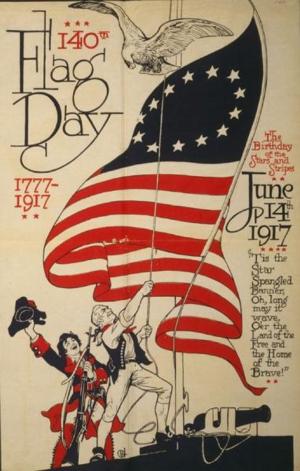| Author: | Alfred John Church | ISBN: | 9781465610881 |
| Publisher: | Library of Alexandria | Publication: | March 8, 2015 |
| Imprint: | Language: | English |
| Author: | Alfred John Church |
| ISBN: | 9781465610881 |
| Publisher: | Library of Alexandria |
| Publication: | March 8, 2015 |
| Imprint: | |
| Language: | English |
For ten years King Agamemnon and the men of Greece laid siege to Troy. But though sentence had gone forth against the city, yet the day of its fall tarried, because certain of the gods loved it well and defended it, as Apollo, and Mars, the God of war, and Father Jupiter himself. Wherefore Minerva put it into the heart of Epeius, Lord of the Isles, that he should make a cunning device wherewith to take the city. Now the device was this: he made a great Horse of wood, feigning it to be a peace offering to Minerva, that the Greeks might have a safe return to their homes. In the belly of this there hid themselves certain of the bravest of the chiefs, as Menelaüs, and Ulysses, and Thoas the Ætolian, and Machaon, the great physician, and Pyrrhus, son of Achilles (but Achilles himself was dead, slain by Paris, Apollo helping, even as he was about to take the city), and others also, and with them Epeius himself. But the rest of the people made as if they had departed to their homes; only they went not further than Tenedos, which was an island near to the coast. Great joy was there in Troy when it was noised abroad that the men of Greece had departed. The gates were opened, and the people went forth to see the plain and the camp. And one said to another, as they went, “Here they set the battle in array, and there were the tents of the fierce Achilles, and there lay the ships.” And some stood and marvelled at the great peace-offering to Minerva, even the Horse of wood. And Thymœtes, who was one of the elders of the city, was the first who advised that it should be brought within the walls and set in the citadel. But whether he gave this counsel out of a false heart, or because the Gods would have it so, no man knows. And Capys, and others with him, said that it should be drowned in water, or burned with fire, or that men should pierce it and see whether there were aught within. And the people were divided, some crying one thing and some another. Then came forward the priest Laocoön, and a great company with him, crying, “What madness is this? Think ye that the men of Greece are indeed departed, or that there is any profit in their gifts? Surely, there are armed men in this mighty Horse; or haply they have made it that they may look down upon our walls. Touch it not, for as for these men of Greece, I fear them, even though they bring gifts in their hands.”
For ten years King Agamemnon and the men of Greece laid siege to Troy. But though sentence had gone forth against the city, yet the day of its fall tarried, because certain of the gods loved it well and defended it, as Apollo, and Mars, the God of war, and Father Jupiter himself. Wherefore Minerva put it into the heart of Epeius, Lord of the Isles, that he should make a cunning device wherewith to take the city. Now the device was this: he made a great Horse of wood, feigning it to be a peace offering to Minerva, that the Greeks might have a safe return to their homes. In the belly of this there hid themselves certain of the bravest of the chiefs, as Menelaüs, and Ulysses, and Thoas the Ætolian, and Machaon, the great physician, and Pyrrhus, son of Achilles (but Achilles himself was dead, slain by Paris, Apollo helping, even as he was about to take the city), and others also, and with them Epeius himself. But the rest of the people made as if they had departed to their homes; only they went not further than Tenedos, which was an island near to the coast. Great joy was there in Troy when it was noised abroad that the men of Greece had departed. The gates were opened, and the people went forth to see the plain and the camp. And one said to another, as they went, “Here they set the battle in array, and there were the tents of the fierce Achilles, and there lay the ships.” And some stood and marvelled at the great peace-offering to Minerva, even the Horse of wood. And Thymœtes, who was one of the elders of the city, was the first who advised that it should be brought within the walls and set in the citadel. But whether he gave this counsel out of a false heart, or because the Gods would have it so, no man knows. And Capys, and others with him, said that it should be drowned in water, or burned with fire, or that men should pierce it and see whether there were aught within. And the people were divided, some crying one thing and some another. Then came forward the priest Laocoön, and a great company with him, crying, “What madness is this? Think ye that the men of Greece are indeed departed, or that there is any profit in their gifts? Surely, there are armed men in this mighty Horse; or haply they have made it that they may look down upon our walls. Touch it not, for as for these men of Greece, I fear them, even though they bring gifts in their hands.”















